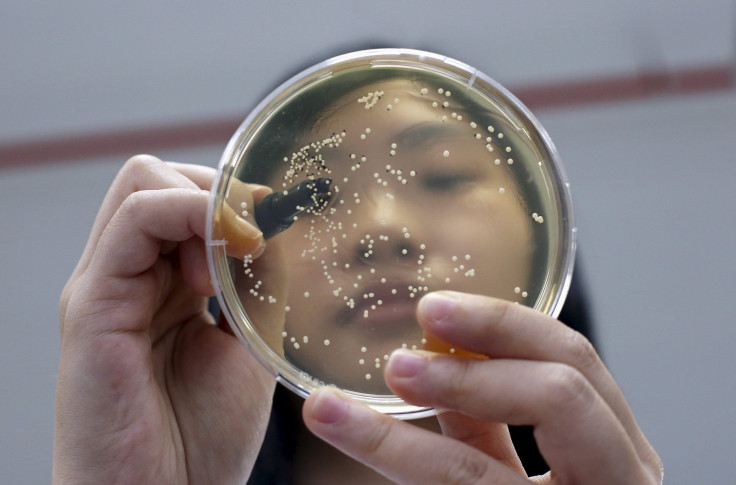Infectious Throat Bacteria Can Evolve Into A New Shape: Study

The bacteria in our throat might have changed shape over time, shifting from a stick-like shape to a spherical shape to adapt better to their environments, according to a study published Monday. The study overturns long-held assumptions about how evolution affects bacteria and other single-celled organisms.
"We have long believed that the shape of bacteria was a fixed variable," Frédéric Veyrier, of INRS-Institut Armand-Frappier Research Center in Quebec and the study's lead author, said Monday in a press release.
However, by studying the evolution of bacteria that live in the upper part of the throat, known as the nasopharynx, Veyrier and his team found that the shape of these bacteria had changed over time, evolving from a rod-shaped bacterium type known as a bacillus to a round type known as a coccus. The researchers said that this change may have happened to make the bacteria better at slipping through the host's immune defenses. The results of their research were published in the journal PLOS Genetics.
"Some mystery remains as to how the various species regulate their shape," Veyrier said. "This research demonstrates that the environment in which the bacteria evolve has an impact on their morphology. These are exciting results because we were able to identify the same change in two different species--and therefore its impact could be a key aspect in the specific way these pathogens are adapting to the human nasopharynx."
Public health officials need to keep a close track of respiratory infections like strep throat and influenza, which are the third-biggest cause of death worldwide. The researchers examined two common nasal bacteria, N. meningitidis and M. catharralis, and found evidence that ancestors of these bacteria had a key gene, yacF, which prevented the bacteria from changing shape over generations. Current versions of these bacteria that live in human throats lack the gene, and this allowed them to evolve, the researchers said.
The researchers said that they hope their discovery could help design new medical treatments and tools in order to prevent infectious bacteria from evolving to become resistant to treatments.
© Copyright IBTimes 2024. All rights reserved.











